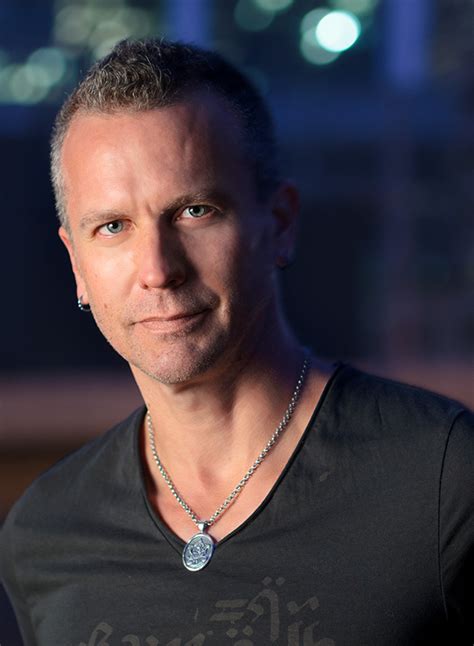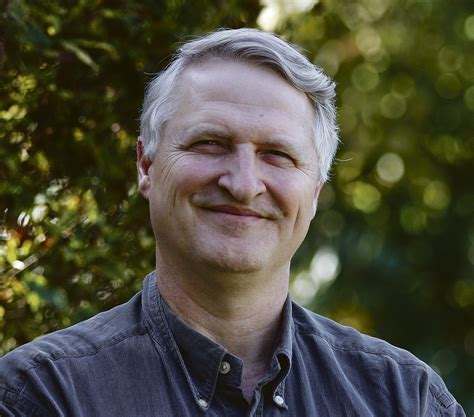A Quote by Erich Fromm
We try to evade the question of existence with property, prestige, power, possession, production, fun, and, ultimately, by trying to forget that we- that I- exist. No matter how much he thinks of God or goes to church, or how much he believes in religious ideas , if he, the whole man, is deaf to the question of existence, if he does not have an answer to it, he is marking time, and he lives and dies like one of the million things he produces. He thinks of God, instead of experiencing God.
Quote Topics
Answer
Believes
Church
Deaf
Dies
Does
Exist
Existence
Experiencing
Experiencing God
Forget
Fun
God
Goes
How
How Much
Ideas
Instead
Like
Lives
Man
Marking
Marking Time
Matter
Million
Much
Possession
Power
Prestige
Produces
Production
Property
Question
Religious
Things
Thinks
Time
Try
Trying
Ultimately
Whole
Related Quotes
If God were to exist for the entire humanity, he would be profoundly vile, as he allows the existence of unfathomable sin, stupidity, madness, and misery for no reason than his own despicable enjoyment. God exists though, not for all humanity, but for a one chosen man - a philosopher - who is bound to answer the greatest philosophical question, the question about the nature of the questioner's existence, which progressively quenches the divine vanity.
Now I wonder whether I have sufficiently realized that during all this time God has been trying to find me, to know me, and to love me. The question is not 'How am I to find God?' but 'How am I to let myself be found by him?' The question is not 'How am I to love God?' but 'How am I to let myself be loved by God?'
When Benedict dies, he will have the pleasure of standing before whatever furious God he believes in, to answer for how it was that he knew for undeniable fact that one -- if not dozens -- of his priests repeatedly molested, abused and/or raped young children for decades, and he did nothing to stop it. How much does God believe the pope's argument that Vatican PR trumps pedophilia? Joe Ratzinger, 82, will soon find out.
But in the end, science does not provide the answers most of us require. Its story of our origins and of our end is, to say the least, unsatisfactory. To the question, "How did it all begin?", science answers, "Probably by an accident." To the question, "How will it all end?", science answers, "Probably by an accident." And to many people, the accidental life is not worth living. Moreover, the science-god has no answer to the question, "Why are we here?" and, to the question, "What moral instructions do you give us?", the science-god maintains silence.
There is exactly the same degree of possibility and likelihood of the existence of the Christian God as there is of the existence of the Homeric god. I cannot prove that either the Christian god or the Homeric gods do not exist, but I do not think that their existence is an alternative that is sufficiently probable to be worth serious consideration.






































